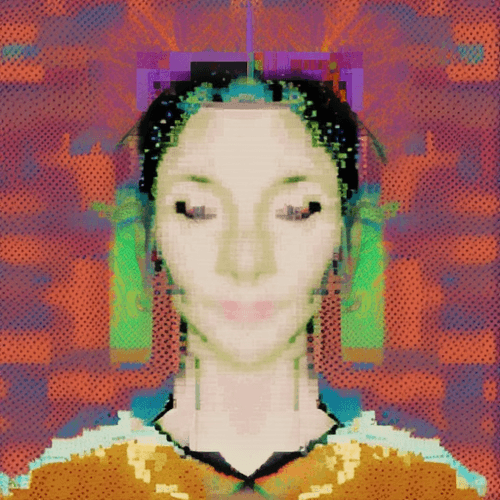2 replies
0 recast
0 reaction
4 replies
0 recast
0 reaction
2 replies
0 recast
0 reaction
7 replies
0 recast
0 reaction
1 reply
0 recast
0 reaction
1 reply
0 recast
0 reaction
0 reply
0 recast
0 reaction
0 reply
0 recast
0 reaction
0 reply
0 recast
0 reaction
0 reply
0 recast
0 reaction
0 reply
0 recast
0 reaction
